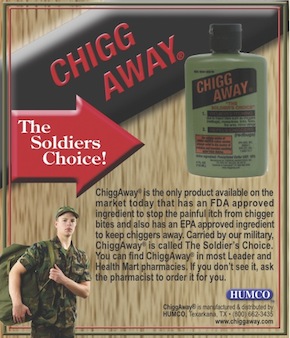DEAR DR. GOTT: I have been struggling with hypertension for years. I have tried five to six different drugs. Some caused a cough, some caused extreme dizziness, and one (Norvasc) almost caused fatal depression. I feel like my doctor is out of ideas, since he wants to put me back on a drug similar to Norvasc.
I began monitoring my pressure much too much and interestingly found that two to three cocktails brings my pressure down from 180/100 to 115/75. I cannot find anything about this on the web and staying drunk is not an option. I am 62, cholesterol 145, generally healthy. Help!
DEAR READER: Blood pressure is a method of measuring the force placed against the walls of arteries as the heart pumps throughout the body. Readings are given as two numbers with the first known as the systolic and the latter known as the diastolic. A normal reading is lower than 120/80. Readings from 121/81 up to 140/90 are considered pre-hypertensive. Readings above 140/90 constitute hypertension. Those individuals in the pre-hypertensive state will likely advance to hypertension. Keep in mind these numbers are for the average healthy individual. Certain medical conditions such as those involving the heart and kidneys may require readings below the norm.
Blood pressure readings tend to get higher as a person ages. This is because the blood vessels become stiffer. Those higher readings increase a person’s risk of developing a stroke, heart failure or other cardiac condition, kidney disease, and even early death.
Causes for higher readings include the excessive consumption of alcohol (more than one drink per day for women and two for men under the age of 65), stress, obesity, diabetes, being a smoker, heredity, consuming excessive amounts of sodium (salt), and more.
Some individuals can actually experience the condition simply by taking certain medications or having an unrelated medical condition. This is referred to as secondary hypertension and may be the result of hyperparathyroidism, adrenal gland disorders, chronic kidney disease, renal artery stenosis and more.
Treatment goals are aimed at reducing your readings. This can be accomplished by reducing the stress in your life, discontinuing smoking, dropping excess weight, exercising regularly, and more.
The Norvasc you were on is a calcium channel blocker that lowers readings by relaxing blood vessels, making it easier for the heart to pump. Side effects associated with this medication can include excessive fatigue, headache, stomach pain, lightheadedness and less commonly, depression. If your physician chooses to place you on another calcium channel blocker, he or she should investigate to determine whether depression is a remote side effect.
Now, on to the alcohol lowering your blood pressure. My only thought is that you might be under stress and the alcohol provides the illusion of relaxation that suggests lower readings. In essence, alcohol can be detrimental in raising blood pressure readings to unhealthy levels. It can lead to unwanted weight gain and actually interfere with the effectiveness of some blood pressure medications. That’s not a good thing. Your health would be better served if you took a walk around the block, went to the gym for a half hour’s workout, or indulged in a physical activity you enjoy such as shooting hoops.
If you are opposed to another drug — whether a calcium channel blocker or one in a different class — I recommend you begin with eating healthful foods, discontinuing smoking if appropriate, removing the salt shaker from your kitchen table, reducing your stress level, and lowering your alcohol consumption to no more than one drink per day.
Readers who would like related information can order my Health Report “Hypertension” by sending a self-addressed, stamped number 10 envelope and a $2 US check or money order payable to Dr. Peter Gott, PO Box 433, Lakeville, CT 06039. Be sure to mention the title when writing or print out an order form from my website www.AskDrGottMD.com.


